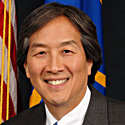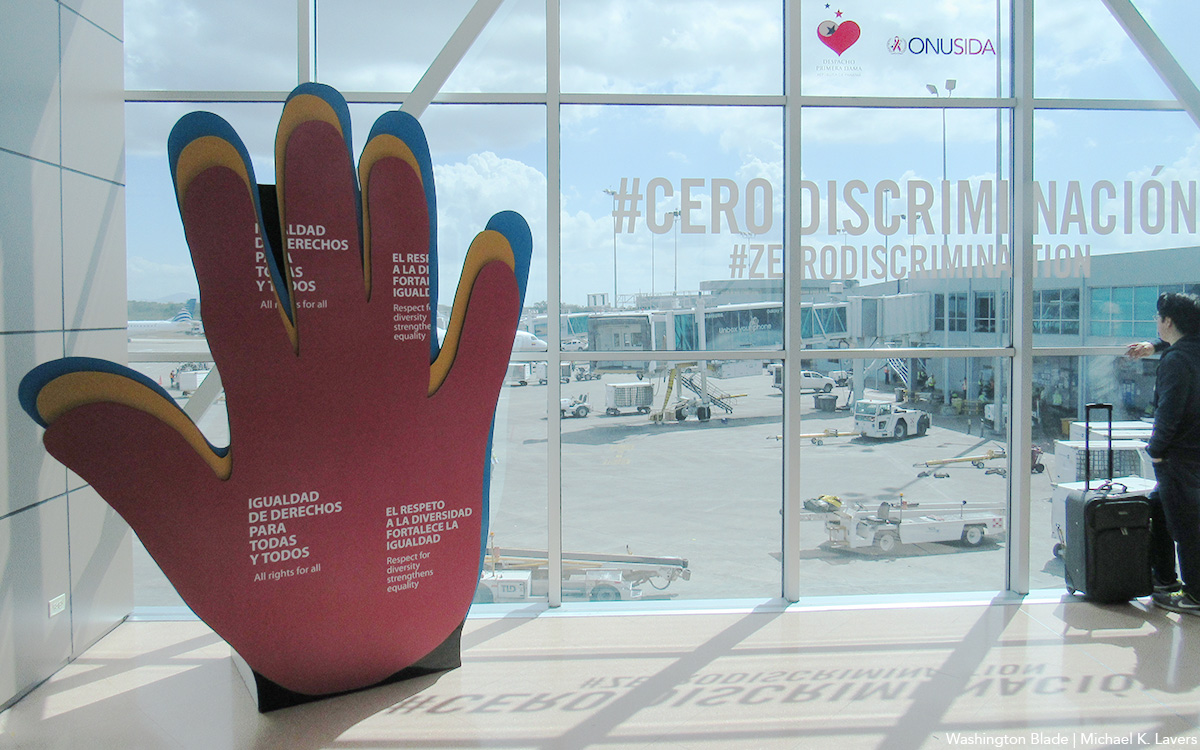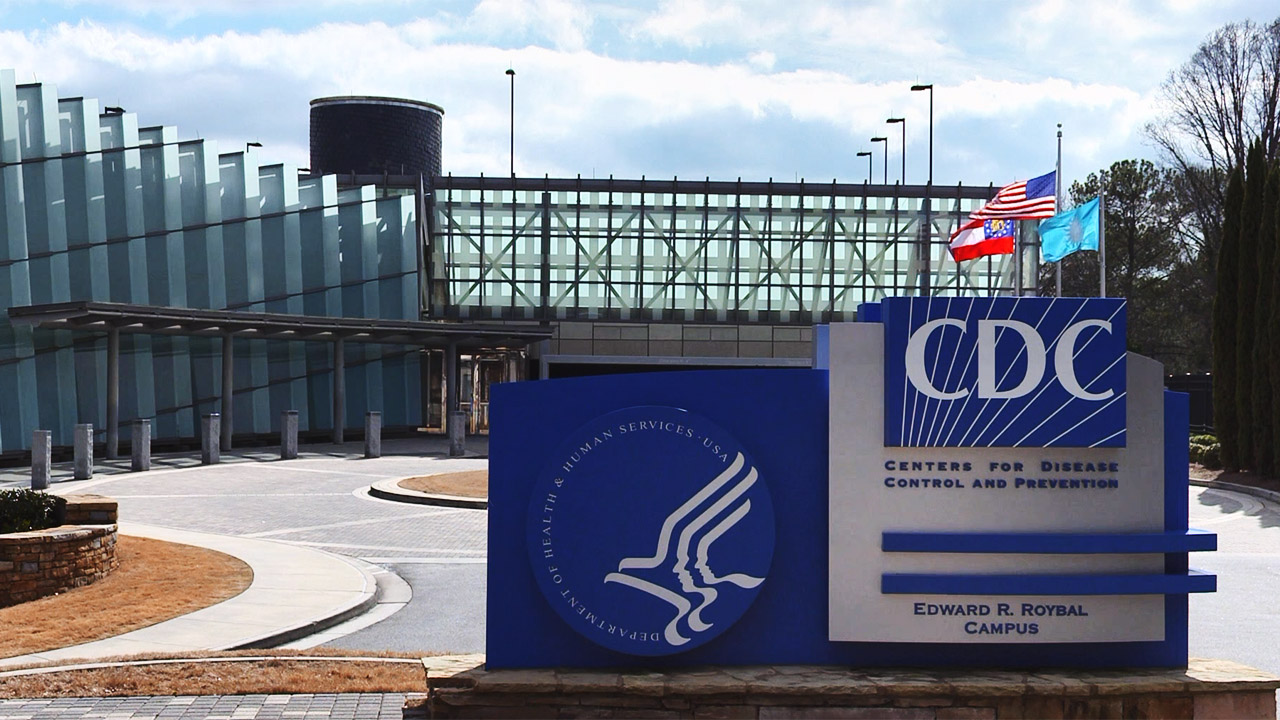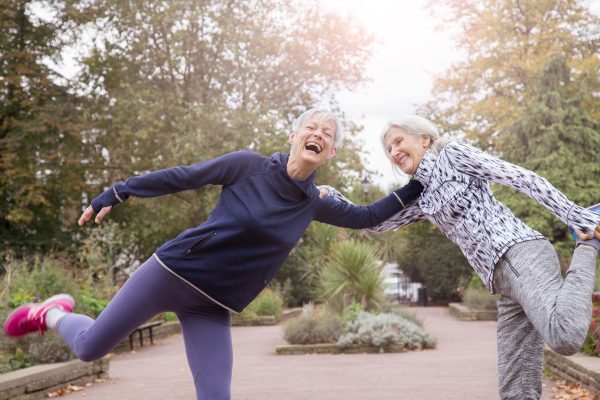Health
National news in brief
Gay blood donor ban goes unchanged & more

Gay blood donor ban goes unchanged
An advisory committee examining whether to lift the ban preventing gay and bisexual men from donating blood has voted against changing the policy.
On June 11, the Advisory Committee on Blood Safety & Availability, which provides recommendations to the U.S. Department of Health & Human Services on blood products and safety, voted 9-6 against recommending to allow gay and bisexual men to donate blood. The committee cited insufficient scientific data to support a change.
Still, the committee acknowledged in a 14-0 vote that the current policy is imperfect and recommended additional research to support a policy that would allow low-risk gay and bisexual men to donate.
The committee reached its conclusion after hearing two days of testimony on whether testing proceedings and societal changes have advanced enough to permit for a change in policy.
The FDA instituted the blood donor ban in 1983 in response to the AIDS crisis. The policy prohibits any man who’s had sex even once with another man since 1977 from donating blood. At the time, the policy was deemed necessary because gay and bisexual men have a higher rate of HIV/AIDS infection.
LGBT civil rights supporters have been seeking to overturn the ban on the grounds that it unfairly targets gay and bisexual men — and that testing procedures for HIV/AIDS have improved significantly since 1983.
The committee’s recommendations are expected to go to Assistant Secretary for Health Howard Koh.
Rea Carey, executive director of the National Gay & Lesbian Task Force, criticized the advisory committee for its decision.
“This decision is outrageous, irresponsible and archaic,” she said in a statement. “We expect more out of this advisory committee and this administration than to uphold an unnecessarily discriminatory policy from another era.”
Mormon Church fined for late Prop 8 reports
The Church of Latter-day Saints has agreed to pay a proposed fine of about $5,500 for late reporting of in-kind contributions in the 2008 campaign over Proposition 8 in California, according to the Utah-based Deseret News.
California’s Fair Political Practices Commission, which enforces the state’s campaign finance rules, reportedly identified 13 instances of non-monetary contributions totaling $39,628 that the Mormon Church failed to report on a timely basis.
The Church has been considered among the leading forces in the campaign in favor of Proposition 8, which ended same-sex marriage in California in 2008. But the Church last year said its total contributions to “Yes on 8” totaled $189,904, which is less than 1 percent of the $43.3 million raised by Prop 8 proponents, according to the Deseret News.
Opponents of Prop 8 in California have said they believe the Mormon Church’s support for the initiative is evident in the individual contributions that church members made to the “Yes on 8” campaign.
In a statement, Joe Solmonese, president of the Human Rights Campaign, said the fine “may seem inconsequential,” but sheds light on the Mormon Church’s activities in the Prop 8 campaign.
Cambridge mayor comes out at Pride event
The mayor of Cambridge, Mass., came out as gay this week, making him the city’s third consecutive openly gay mayor. Mayor David Maher, who was elected by the city council in February, came out while speaking to the city’s annual Pride brunch, according to a report in the Cambridge Chronicle.
In his remarks, Maher acknowledged the city’s last two mayors, Ken Reeves and Denise E. Simmons, both of whom are gay. “In the early 1990s my city council colleague Ken Reeves came out as the first openly gay mayor of Cambridge – since that time Denise Simmons and I have both had the privilege and honor of serving as mayor,” Maher said, according to the Cambridge Chronicle.
Reeves was the first African-American openly gay man to serve as a mayor in the United States, and Simmons was the first out lesbian African-American mayor.
Health
UNAIDS to commemorate Zero Discrimination Day’s 10th anniversary
UN agency urges global action to protect human rights

As the world marks the 10th anniversary of Zero Discrimination Day; UNAIDS is sounding the alarm on the increasing threats to human rights, calling for renewed efforts to protect the rights of all individuals as a fundamental step towards ensuring health for everyone.
Established by UNAIDS a decade ago, Zero Discrimination Day aims to promote equality and fairness regardless of gender, age, sexuality, ethnicity or HIV status. The progress achieved over the past years is now in jeopardy, however, due to rising attacks on the rights of women, LGBTQ people and other marginalized communities.
UNAIDS Executive Director Winnie Byanyima emphasized the critical link between protecting human rights and safeguarding public health.
“The attacks on rights are a threat to freedom and democracy and are harmful to health,” she said in a press release. “Stigma and discrimination obstruct HIV prevention, testing, treatment and care and hold back progress towards ending AIDS by 2030. It is only by protecting everyone’s rights that we can protect everyone’s health.”
Despite challenges, there has been notable progress.
At the onset of the AIDS pandemic more than 40 years ago, two-thirds of countries criminalized consensual same-sex sexual relations. They are now decriminalized in two-thirds of countries. An additional 38 countries around the world have pledged to end HIV-related stigma and discrimination, contributing to positive changes that include 50 million more girls attending school compared to 2015.
To sustain and enhance these advancements; UNAIDS urges global support for women’s rights movements, LGBTQ rights, racial justice, economic justice, climate justice and peace initiatives. By standing with communities advocating for their rights, the U.N. aims to reinforce the collective effort towards a more inclusive and equitable world.
Zero Discrimination Day is observed on March 1.
Events and activities that will take place around the world throughout the month will serve as reminders of the essential lesson and call to action: Protecting everyone’s health is synonymous with protecting everyone’s rights.
“Through upholding rights for all, we will be able to achieve the Sustainable Development Goals and secure a safer, fairer, kinder and happier world — for everyone,” said Byanyima.
Health
New CDC report finds transgender women at higher risk for HIV
More than 1,600 people in seven cities surveyed

The Centers for Disease Control and Prevention issued a new study report this week that revealed that restricted by employment and housing discrimination and lack of access to needed gender-affirming healthcare for transgender women increasing the risk of contracting HIV.
Researchers reviewed data from a 2019-2020 survey, the National HIV Behavioral Surveillance Among Transgender Women, which found that the demographics of HIV/AIDS have been disproportionally high, especially among Black and Latina trans women, who had experienced employment and housing discrimination coupled with lack of access to gender-affirming healthcare.
The Jan. 25 Morbidity and Mortality Weekly Report was based on data studies of more than 1,600 trans women in seven major urban locales. Participants from Atlanta, Los Angeles, New Orleans, New York, Philadelphia, San Francisco and Seattle were chosen by referrals from people and community-based organizations who knew or were part of the local population of trans women.
The study’s researchers noted: “Employment discrimination occurs at the overlapping nexus of poverty, homelessness, incarceration, health insurance, disability, food insecurity and survival sex work. These issues are interconnected.”
The study stated that trans women’s inability to access quality healthcare, including gender-affirming treatment or access to PrEP, and can expose them to potential incarceration as many turn to “survival sex work” and violence, which increases the risk of contracting HIV.
The study’s author’s pointed out: “When economically marginalized transgender women are refused employment, this refusal cyclically contributes to economic hardships. This analysis …demonstrates the importance of transgender women working and living with dignity and without fear of unfair treatment.”
Health
A Whole New Perspective on Well-Being
The Mather’s team recognizes that everyone’s wellness journey is completely unique to their life experiences and influences.

It’s easy to spot the distinctive, elegant silhouette of The Mather, a Life Plan Community for those 62+ opening this spring in Tysons, Virginia. What is not apparent to the naked eye is The Mather’s unique wellness philosophy, which is literally built into the community.
The Mather’s team recognizes that everyone’s wellness journey is completely unique to their life experiences and influences.
Nature is one of the important factors that contribute to well-being. So The Mather is incorporating biophilic design—a design approach to facilitate access to nature or things that replicate natural patterns. This can include interior spaces with sightlines to a garden, choosing natural wood and stone as interior materials, or incorporating fragrant flowers and plants indoors to spark memories and provide tactile opportunities such as gardening.

“Providing biophilic design within interior settings connects residents to the natural world,” says Mary Leary, CEO and President of Mather, the organization behind The Mather. “Research shows that a connection to nature provides positive benefits to mental states and overall well-being. At The Mather, biophilic design is the intersection of buildings and programs with nature in an urban setting.”
“The Mather is attracting a diverse group of older adults,” says Mary. “As a result, we aim to incorporate wellness practices from around the world, including Wyda movement theory of the Celtic Druids, which helps people achieve harmony with nature and contentment through mindfulness.” This holistic regenerative approach is similar to Qi Gong and yoga, while born in a different part of the world. Mather Institute has a special focus on mindfulness to support older adults’ practice of present moment awareness, which can lead to increased overall well-being, compassion, and joy.
A very different example of a wellness offering at The Mather is the Gharieni Welnamis spa wave bed, which uses computer-controlled vibrational therapy and audio frequencies to train the brain to relax. “The bed increases mindfulness, concentration, and creativity—all of which support our mission of creating Ways to Age Well,SM” says Mary.
These and other personalized ways to wellness will ensure that residents of The Mather can choose from seemingly countless ways to focus on their well-being. In other words, the sky’s the limit!
-

 State Department2 days ago
State Department2 days agoState Department releases annual human rights report
-

 Maryland4 days ago
Maryland4 days agoJoe Vogel campaign holds ‘Big Gay Canvass Kickoff’
-

 Politics3 days ago
Politics3 days agoSmithsonian staff concerned about future of LGBTQ programming amid GOP scrutiny
-

 The White House1 day ago
The White House1 day agoWhite House debuts action plan targeting pollutants in drinking water












